Text
“As I stood by T.E. Lawrence’s open grave, a man tried to photograph the coffin. I knocked the camera out of his hand, God forgive me!”
— from Siegfried Sassoon’s letter to Felicitas Corrigan dated 18 January 1965
54 notes
·
View notes
Text
Jack Kerouac wandering along East 71th Street after visiting Burroughs at our pad, passing statue of Congressman Samuel "Sunset" Coy, "The Letter-Carrier's Friend" in Tompkins Square toward corner of Avenue A, Lower East Side; he's making a Dostoyevsky mad-face or Russian basso be-bop Om, just walking around the neighborhood, then involved with The Subterraneans, pencils & notebook in wool shirt-pockets, Fall 1953, Manhattan.
Allen Ginsberg
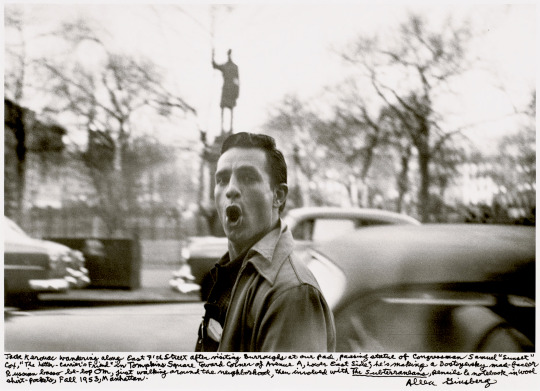
Jack Kerouac by Allen Ginsberg (1953)
24 notes
·
View notes
Photo
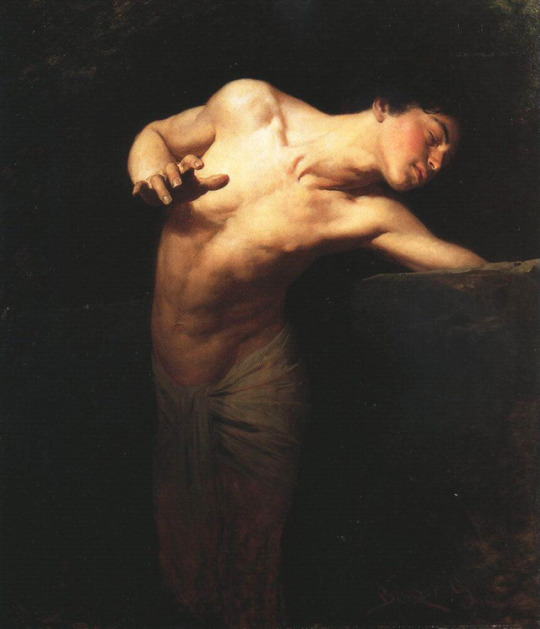
Gyula Benczur Narcissus 1881
15 notes
·
View notes
Text

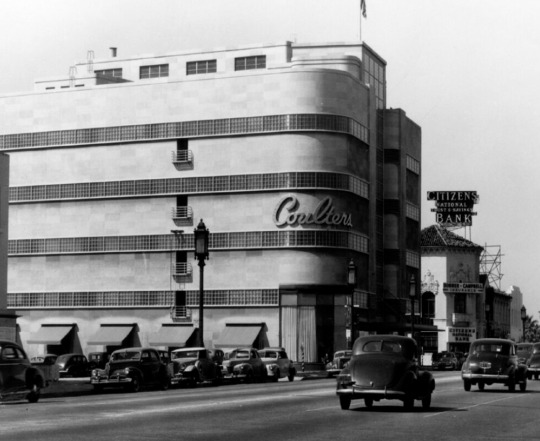
Streamline Moderne along the Miracle Mile. Demolished in 1980.
372 notes
·
View notes
Note
It is funny how these "not like those fujos" people (like Oseman) think they're producing such a superior material by trying to cram every single letter of the alphabet crowd into a single preachy storyline.
I am of the opinion that women's biggest strength when it comes to dealing with M/M is precisely the occasional ability to write homosexuality in a way that's detached from obvious social repercussions and narratives. Want to read a story about two 23rd century men randomly falling in love while fighting alien invaders? It's much more likely a woman wrote such a thing. It's a net positive for gay literature, since we gay men still struggle to reproduce this kind of detachment (for obvious reasons).
I'm pro BL and pro fujo, but I've come across a few mainstream western BL works lately («Heartstopper», «Solomon's Crown» and so on) whose authors have this really preachy attitude. They'll put in a foreword like "I want to show positive examples of homosexual relationships ^_^ love is love".
And that just seems so condescending? Like, if gay men want "positive representation" and fluffy YA romances, they can write it themselves. If you're out there fujo-ing, just stand by that. Don't try to make it a social justice thing.
Imagine if drag queens said "we're giving women a voice :3". Ridiculous.
--
244 notes
·
View notes
Photo
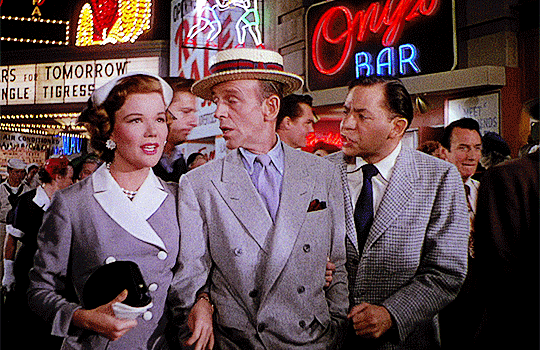
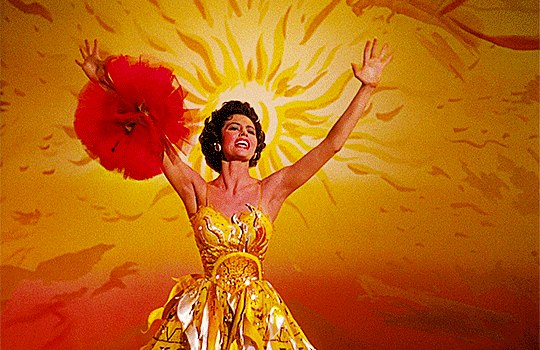
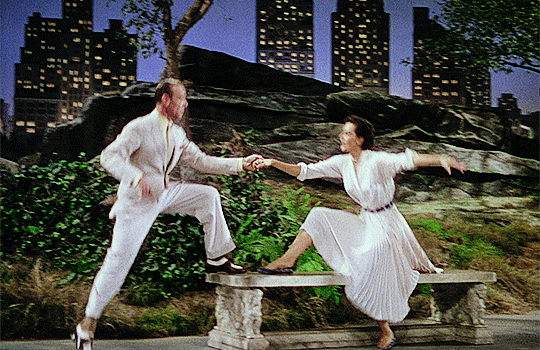
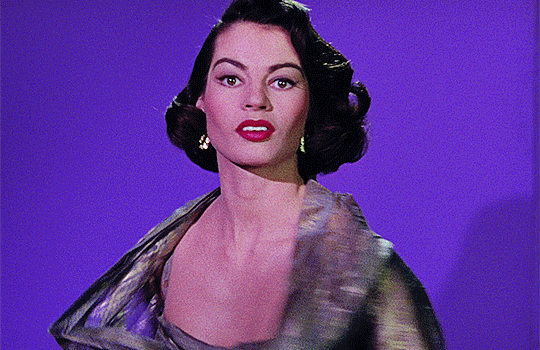
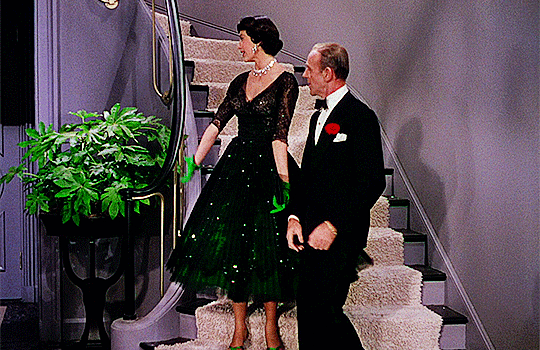
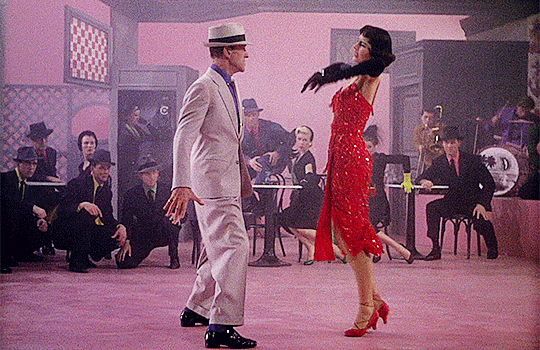
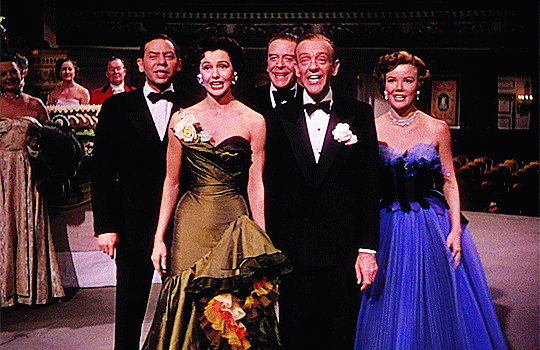
She was bad. She was dangerous. I wouldn’t trust her any farther than I could throw her. But… she was my kind of woman.
The Band Wagon (1953)
300 notes
·
View notes
Text
The day Dirk Bogarde nearly got re-branded as a 'Mexican' movie-star
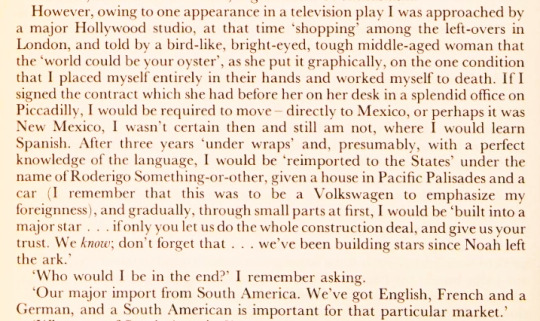
Dirk Bogarde: The Complete Autobiography 1988
7 notes
·
View notes
Text
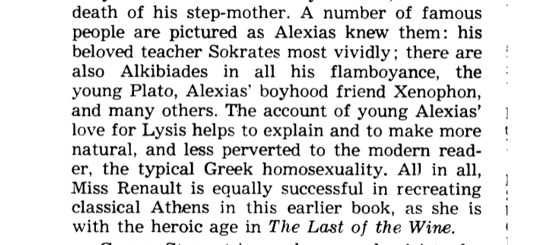
Flamboyant Alkibiades and Alexias, perverted and καλός
Edith Farr Ridington. “Some Recent Historical Fiction, I.” The Classical World 52, no. 4 (1959): 101–4.
13 notes
·
View notes
Photo
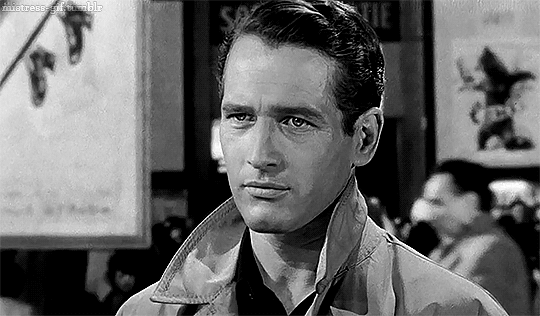
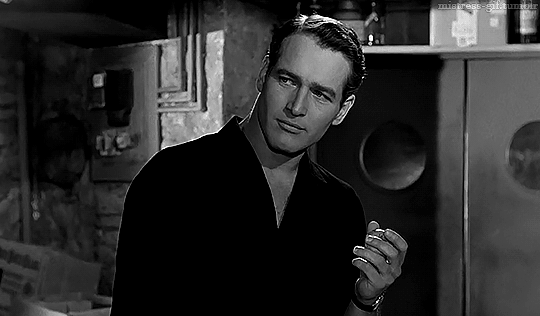
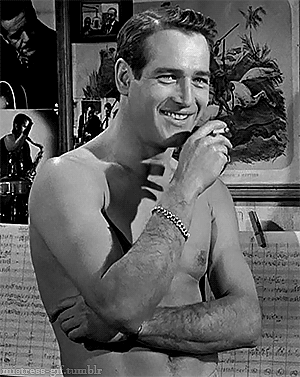
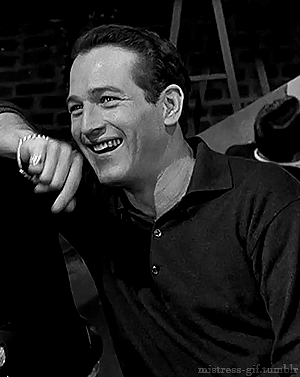
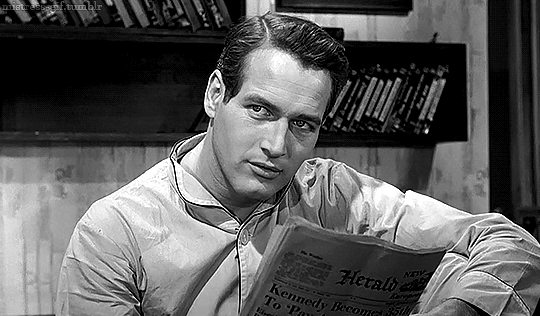
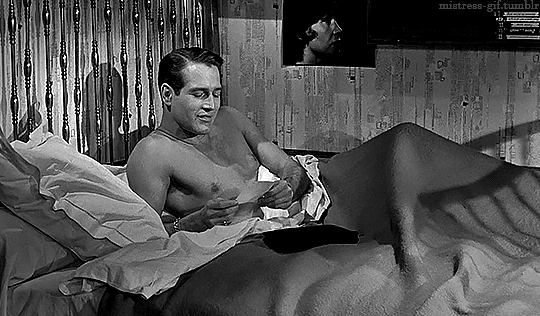
Paul Newman as Ram Bowen,
Paris Blues (1961)
212 notes
·
View notes
Text
Puck: Apple’s Come-to-Jesus Moment for Movies
Zack Van Amburg and Jamie Erlicht, the stewards of Apple’s 5-year-old foray into Hollywood, were summoned to Cupertino last month for a curious sit-down. Tim Cook was there, I’m told, as was services V.P. Eddy Cue, the overseer of the content initiative and the Apple TV+ streaming platform. Budgets were on the agenda, of course, as was the breakdown in content spend between series and films. And notably, Cook and Cue are said to have asked some very tough questions about the company’s recent experiment with movie theaters.
Apple, in particular, has become a savior of sorts for big-name actors and their agents’ kids’ private school fundraiser auctions. Van Amburg and Erlicht, who previously ran Sony Pictures TV, are still regularly paying their series stars $750,000 or more per episode. You don’t even want to know what Reese and Jen are making for Season 4 of The Morning Show after their recent renegotiation. Ben Stiller is said to have gone tens of millions of dollars overbudget on the still-not-dated Season 2 of Severance. And in film, they’re still champions of the massive buyout, although Apple, like the other streamers, is trying to figure out how to share that risk—and pay less upfront—in new deals.
All of that persists despite the monthly evidence that barely anyone is watching Apple TV+, at least not in this country. According to Nielsen, the service still generates less than 0.5 percent of total viewership of connected TVs. That’s far below Peacock and Paramount+, long considered the also-rans of the streaming wars. For Apple, original film and TV has meant very little bang for those very big bucks.
I’m pleased to report, however, that Cook and Cue didn’t pull the plug on theaters in that meeting, and Cook was clear in his continued support for Apple TV+ in general—or at least, that’s what Van Amburg and Erlicht have been telling people, both internally and externally. (An Apple rep declined to comment on their behalf.) I’m told the Apple leaders did prod Zack and Jamie to explain how the company can become smarter in its theatrical endeavors—which, at least by traditional metrics, haven’t gone great. Lessons were learned, the duo promised, data was collected, and it’s early—the two career TV guys will figure this theater thing out.
The biggie, a $300 million-plus Formula One movie with Joseph Kosinski directing and Brad Pitt starring, still doesn’t have a release date or a distributor attached, even though Apple has begun reaching out to Imax about booking screens. (Sony and Warner Bros. are considered the favorites; reps for both said it wasn’t theirs but that they are still talking and interested.) That F1 package was so big, and everyone involved wanted so much money up front, that no traditional studio could touch it. And now, in an ironic twist, Apple has been calling around asking potential studio distributors when they would release the movie if they were chosen as the distributor. If. At least one declined to offer that free advice, for obvious reasons.
What is the strategy? is a phrase you hear a lot when talking about Apple TV+, particularly its movie initiative. If putting films in theaters is merely to boost engagement on the service, it does seem to be working a bit. Killers of the Flower Moon and Argylle have both popped up on the ratings charts of original movies, thanks to all that marketing and press. Do viewers then stick around for other Apple TV+ movies and shows? Less clear. To that end, I’ve heard the basic barometer for success at Apple is that the box office should at least pay for the P&A cost, thus making the theatrical release a cost-neutral marketing effort for the streamer.
(Full article)
I'm struggling to identify Apple's goal here. Do they want to have a successful streaming service, become a prestigious film producer or create major IP franchises? It seems like they're trying to achieve all of these things at once, and are failing on all fronts. Imagine wasting such a large amount of money due to a simple lack of focus.
3 notes
·
View notes
Text

A View Through Three of the North-Western Arches of the Third Storey of the Coliseum by Christoffer Wilhelm Eckersberg (c. 1815-16)
494 notes
·
View notes
Text
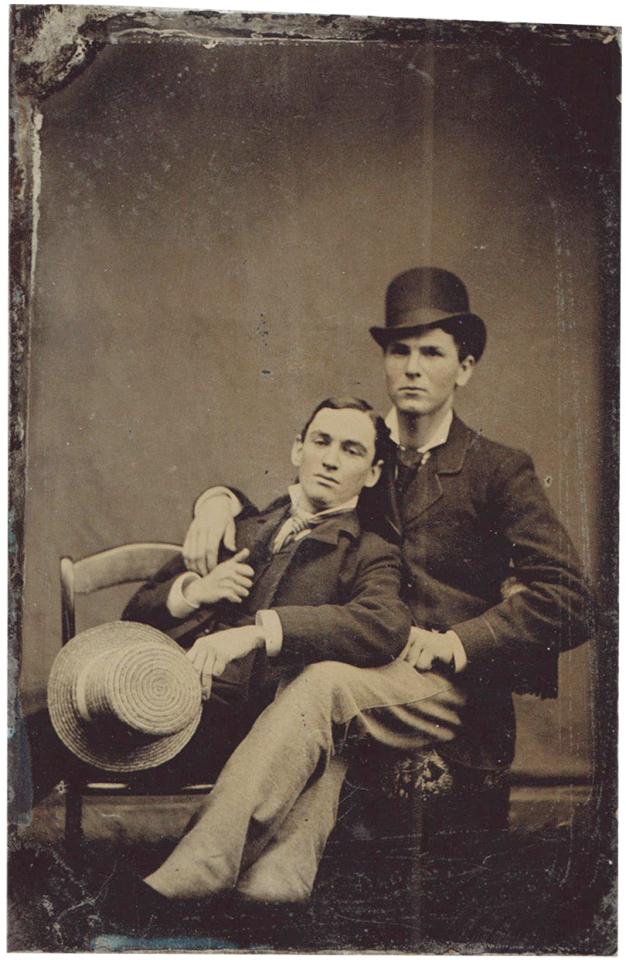
Tintype of a handsome pair, the man in front leaning cozily back into his companion's embrace, c. 1875-1880
806 notes
·
View notes
Photo
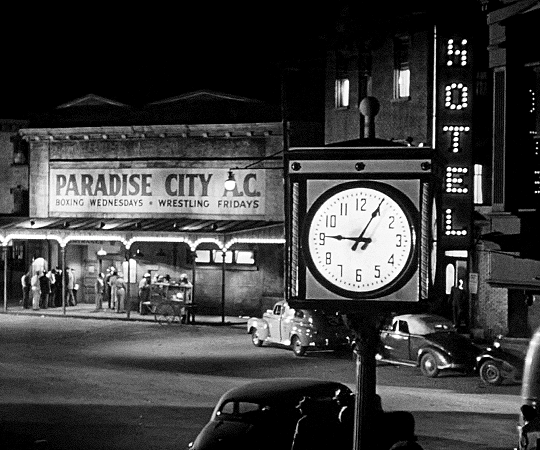
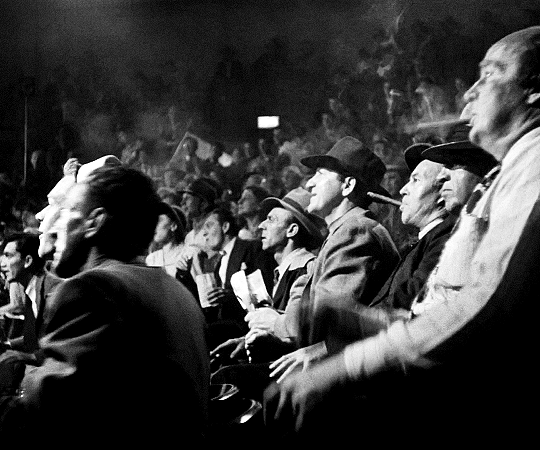
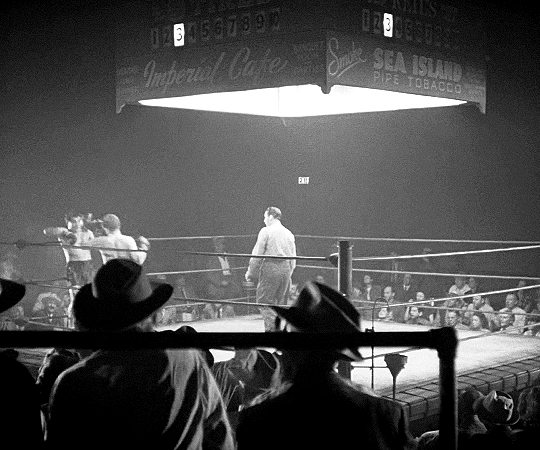
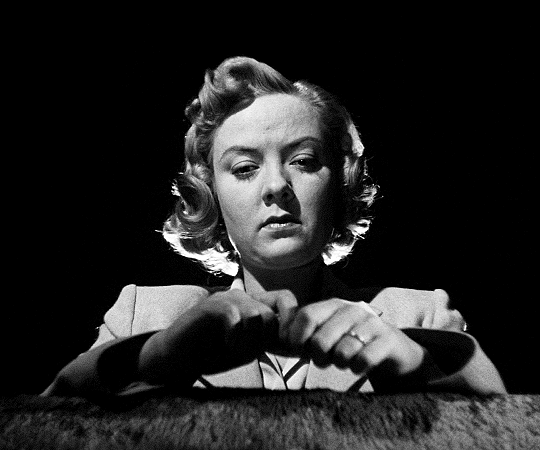
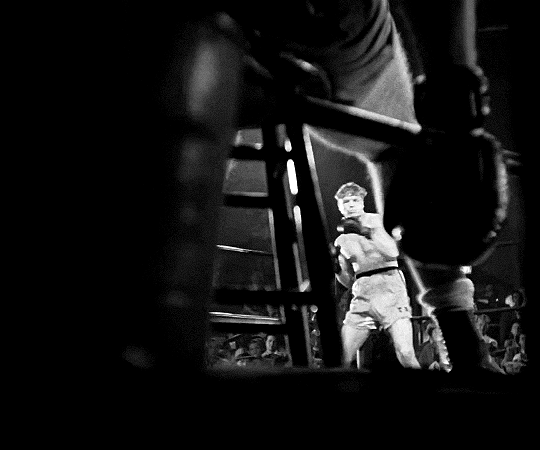

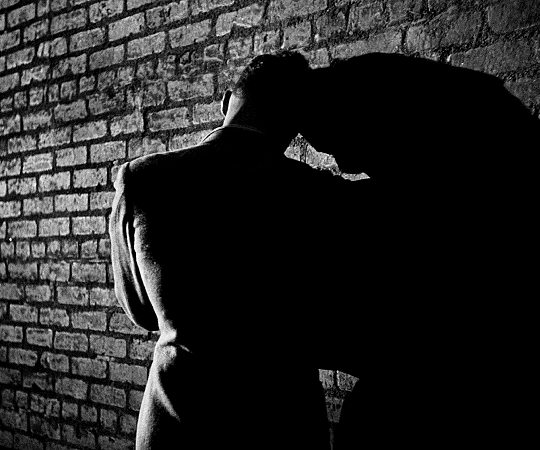
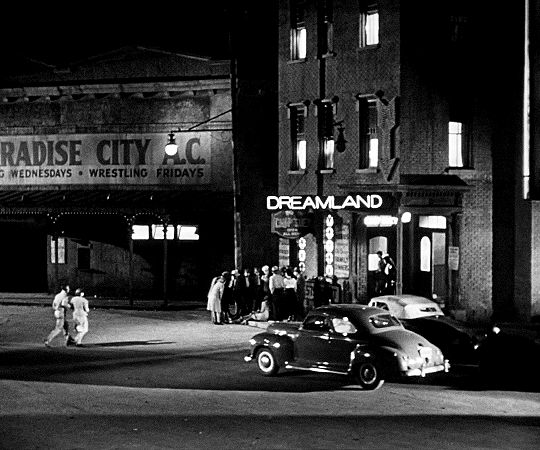
I’ll take him. I can feel it.
THE SET-UP
1949, dir. Robert Wise
512 notes
·
View notes
Text
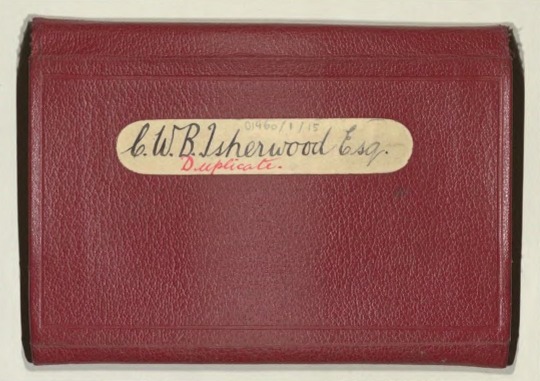
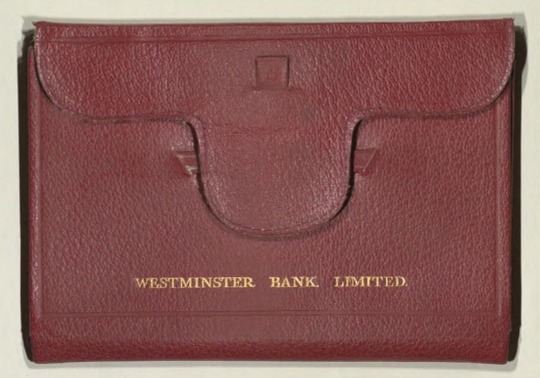
Christopher Isherwood's wallet, displaying his initials. (x)
6 notes
·
View notes
Text
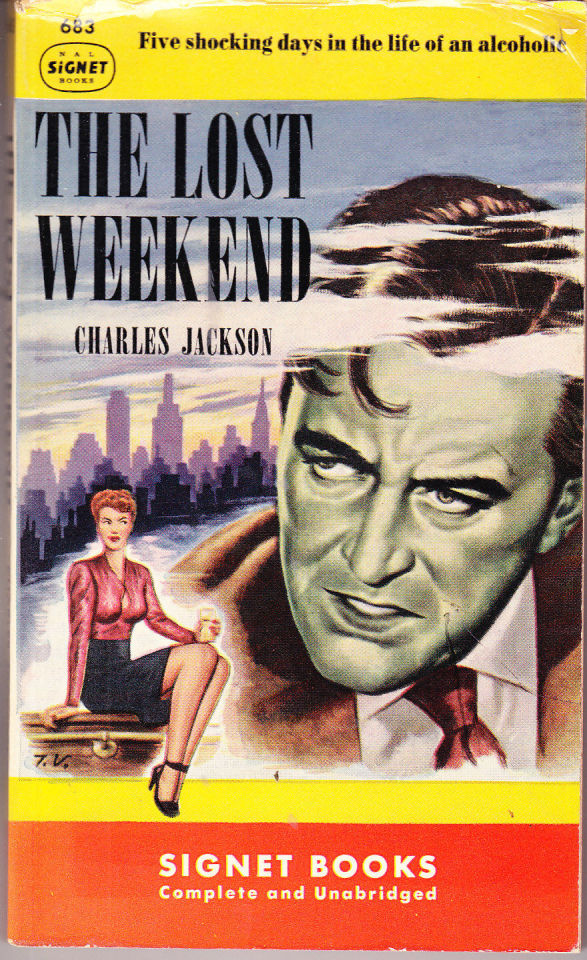
The Lost Weekend (1944) by Charles R. Jackson
Often seen as the seminal addiction memoir in American literature, the story is a semi autobiographical account of a five day binge of a writer named Don Birnam. The book has also been noted for having homosexual overtones with a strong implication that Don Birnam, just like Charles Jackson, is bisexual. The book was adapted into an Academy Award winning film starring Ray Milland and directed by Billy Wilder. The movie had a more optimistic ending and all inferences to homosexuality are omitted.
18 notes
·
View notes
Text
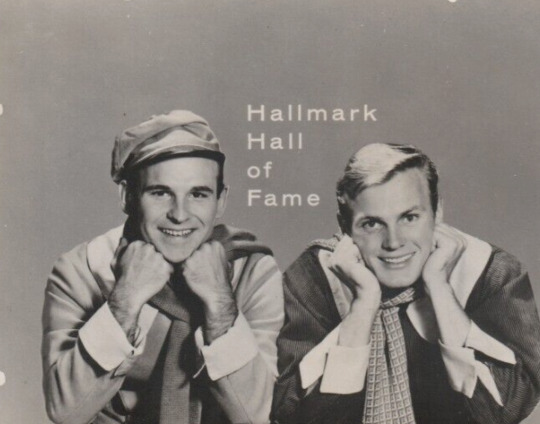
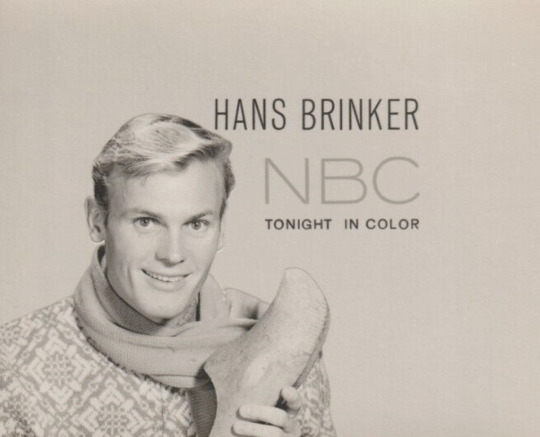
Tab Hunter on NBC in 1958.
9 notes
·
View notes
Text

Hans Gude (Norwegian, 1825–1903) - Fresh breeze off the Norwegian coast
373 notes
·
View notes